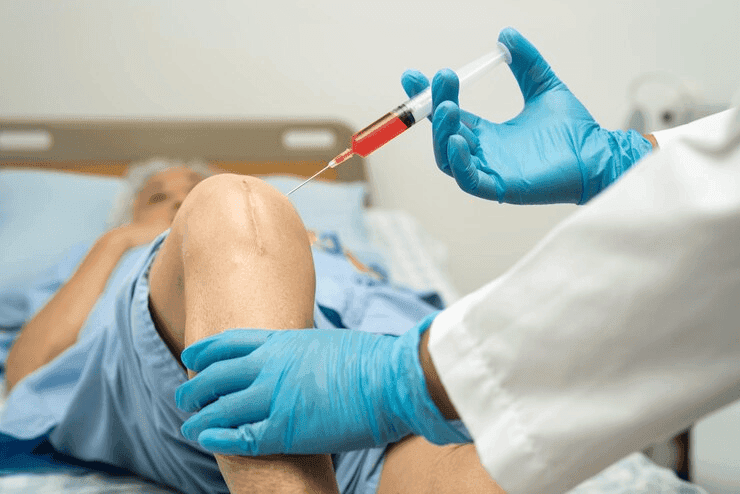
Bone Marrow Transplantation (BMT) and Cellular Therapy have revolutionized the treatment of various hematological disorders and malignancies. These advanced medical procedures have given new hope to patients suffering from leukemia, lymphoma, aplastic anemia, and other life-threatening conditions. BMT involves the replacement of diseased or damaged bone marrow with healthy stem cells, which help restore normal blood cell production. Cellular therapy, including CAR-T cell therapy, offers targeted treatment for certain cancers, significantly improving survival rates and quality of life.
In an autologous transplant, the patient’s own stem cells are collected before undergoing high-dose chemotherapy or radiation therapy. These stem cells are then reinfused to restore bone marrow function. This method is commonly used for conditions such as multiple myeloma and certain lymphomas. The advantage of autologous transplantation is the lower risk of immune rejection since the patient’s own cells are used.
Allogeneic transplants involve using stem cells from a compatible donor, which could be a sibling, parent, or an unrelated donor. This method is commonly used for treating leukemia, aplastic anemia, and genetic disorders. The success of an allogeneic transplant depends on the compatibility between the donor and recipient, often determined by human leukocyte antigen (HLA) matching. This type of transplant provides a graft-versus-tumor effect, where the donor cells help eliminate any remaining cancer cells in the patient’s body.
After an allogeneic transplant, the recipient's immune system needs time to adapt to the donor cells. Immunosuppressive medications are used to prevent graft-versus-host disease (GVHD), a condition where the donor immune cells attack the recipient’s tissues. Post-transplant care includes:
Chimeric Antigen Receptor T-cell (CAR-T) therapy is an innovative cellular therapy that has transformed the treatment landscape for blood cancers. It involves genetically modifying a patient’s T cells to recognize and attack cancer cells more effectively. This therapy has shown remarkable success in treating relapsed or refractory leukemia and lymphoma.
Patients diagnosed with the following conditions may be eligible for these advanced treatments:
Ongoing research in stem cell transplantation and cellular therapy aims to enhance the effectiveness of treatments while reducing complications. Innovations such as gene editing (CRISPR), improved donor matching techniques, and expanded CAR-T cell applications are expected to further improve patient outcomes. The integration of artificial intelligence in predicting transplant success rates and personalized treatment plans is also a promising development in this field.
Bone Marrow Transplantation and Cellular Therapy offer a lifeline to patients with severe hematological conditions. Advances in these treatments have significantly improved survival rates and quality of life. As research continues to evolve, the future of regenerative medicine and cancer treatment looks brighter, paving the way for more accessible and effective therapies.

Give us a call
+91 95605 38081Send Message
docvarungoel@gmail.comQuick Links
Services
Design & Developed By Tek Booster
(Digital Marketing Company)